Caroline Duconseille is Head of Mission for Handicap International in Lebanon. The delegation, which numbers around 100 people, is working in hospitals across the country and is currently helping to relocate many victims of the explosions that occurred Tuesday, August 4 in the port of Beirut.
Read also: Lebanon: is a “French mandate” legally possible, as a petition demands?
Le Figaro. - How do you act to help the victims of the explosions?
Caroline Duconseille. - Our teams are in hospitals, where we provide basic material needs, such as wheelchairs, canes, neck braces for the injured. Three facilities were destroyed in Beirut, and along with the emergency operations, many patients had to be moved. We are also helping to coordinate emergency assistance in terms of food and accommodation. Finally, the psychological aspect remains very important: we take the time to make the victims talk, we listen to their immediate needs to reduce the level of stress. We reassure them by supporting them in their efforts.
Read also: The French in Lebanon tell about the explosions and see, worried, the country "collapsing"
Are there particularly widespread anxieties? Seeing the city in ruins, one necessarily thinks at the time of the civil war (1975-1990).
Part of our “ psychological first aid ” interventions bring up enormous stress among victims, physically injured or not. The explosion obviously plunged the Lebanese back into their past, and for many, it was seen as a “ flashback ” to the years when Beirut was torn apart. Most of the people who lived through the civil war immediately picked up the reflexes of those years: barricading themselves in the less exposed rooms, protecting the children by grouping them together ... Even two days after the event, we see people have the will to store food, prepare for the worst.
To read also: "Lebanon is experiencing a disaster of extreme gravity"
Many citizens also doubt the official explanations. Distrust is fueled by discussion groups on WhatsApp. Social networks can help in the current situation, including finding families for some victims who have lost their phones, etc. But they also maintain psychosis.
Generally speaking, this “obsession” seems legitimate. But is it necessarily beneficial?
Yes, people want to talk about it, including among our volunteers. If the pressure is not released through dialogue, the trauma can lead to long-term anxiety and even pathologies. This can worsen the condition of people who are already depressed, apart from the successive events since last year which have already weakened many Lebanese ... We can even fear suicides out of desperation, this is not to be excluded. People have lost their money, no one knows how to rebuild the country. In addition, we have documented looting of houses and apartments in the most affected areas. People refuse to leave their homes, even in devastated housing, for fear of losing what they have left. The context is therefore morally very hard, we must help people to project themselves into the future with hope. The visit of Emmanuel Macron, in direct contact with the victims, has also contributed to instilling it.
Read also: Our report with Emmanuel Macron, at the bedside of a bruised Lebanon

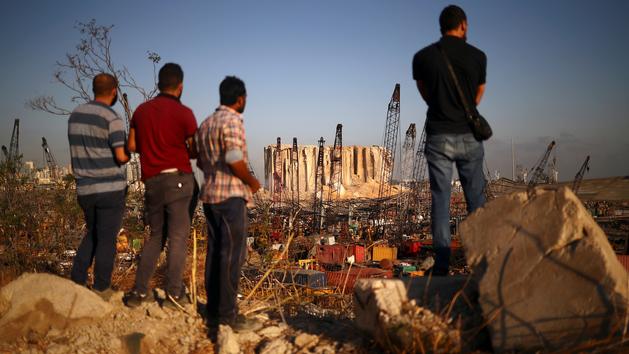
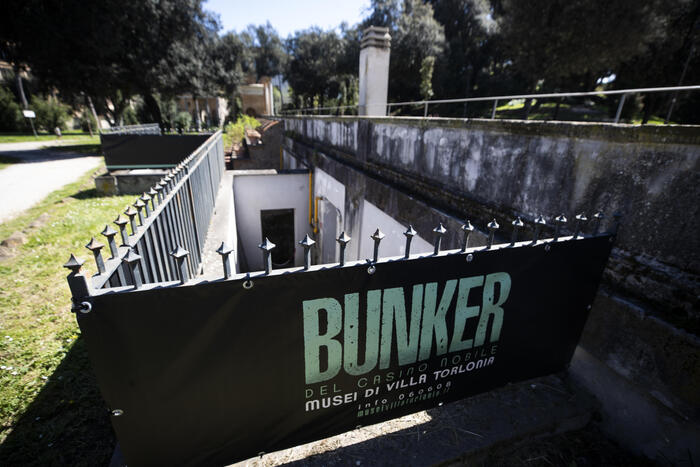

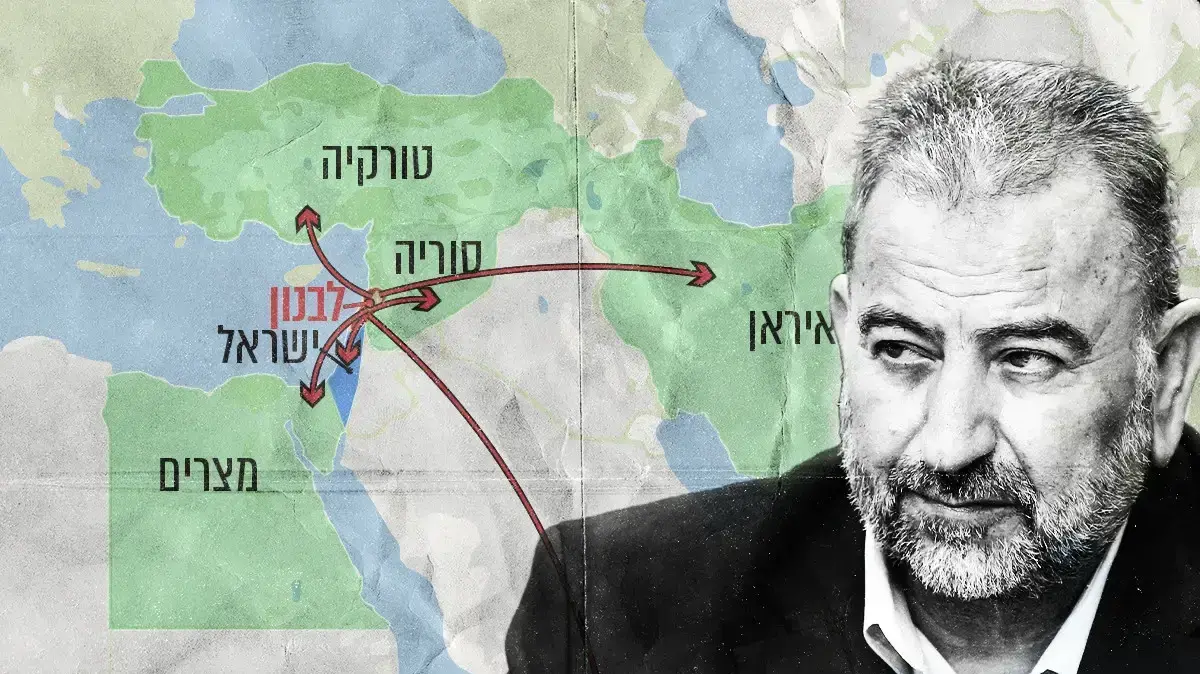
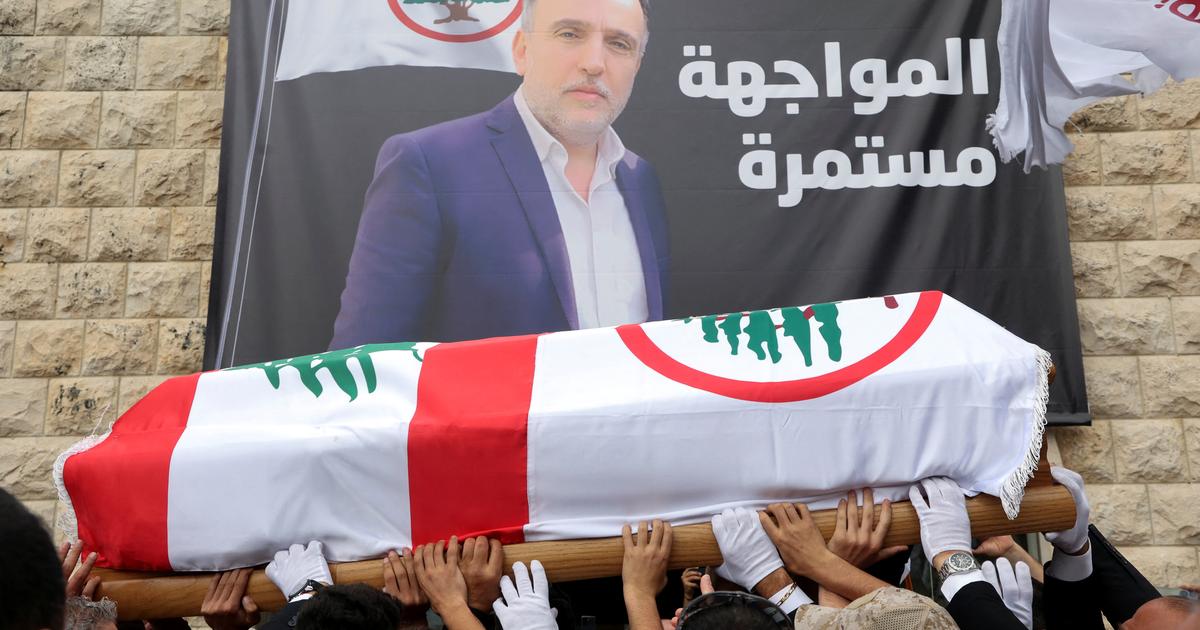

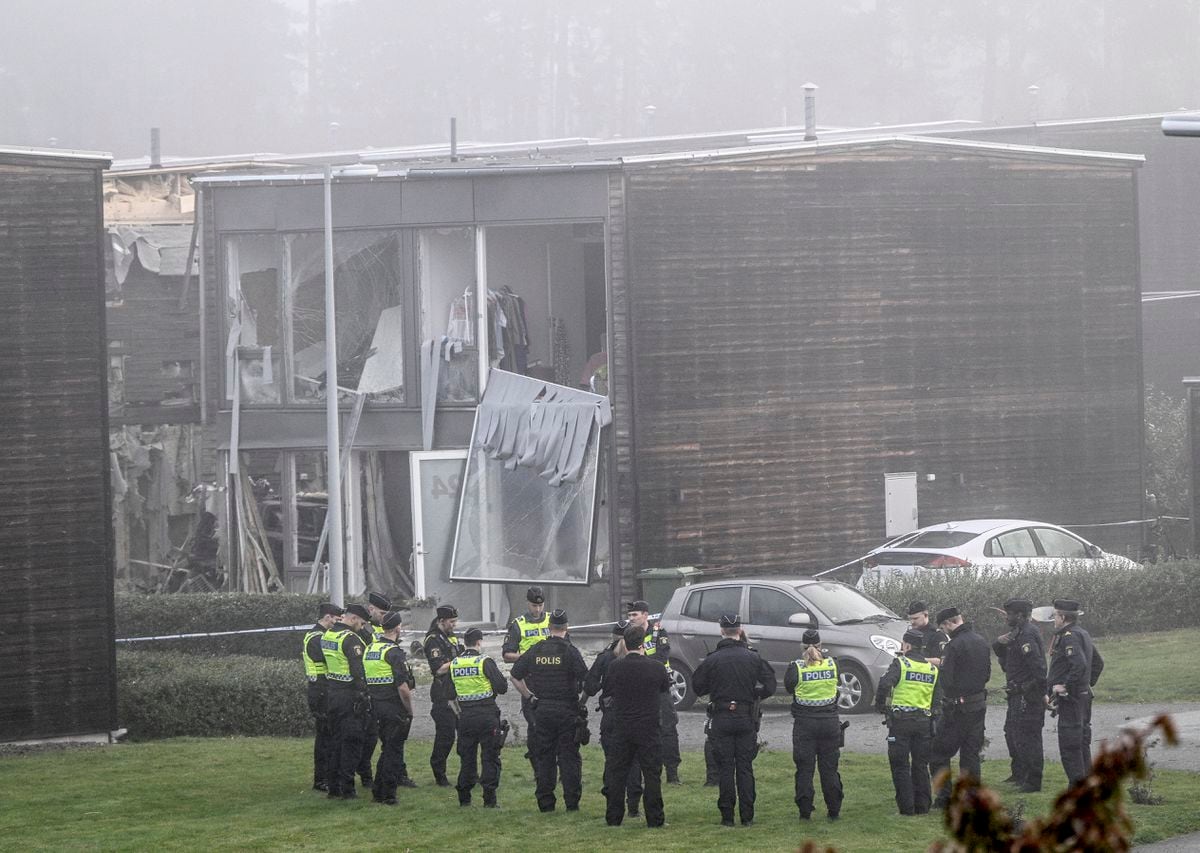





/cloudfront-eu-central-1.images.arcpublishing.com/prisa/KMEYMJKESBAZBE4MRBAM4TGHIQ.jpg)

